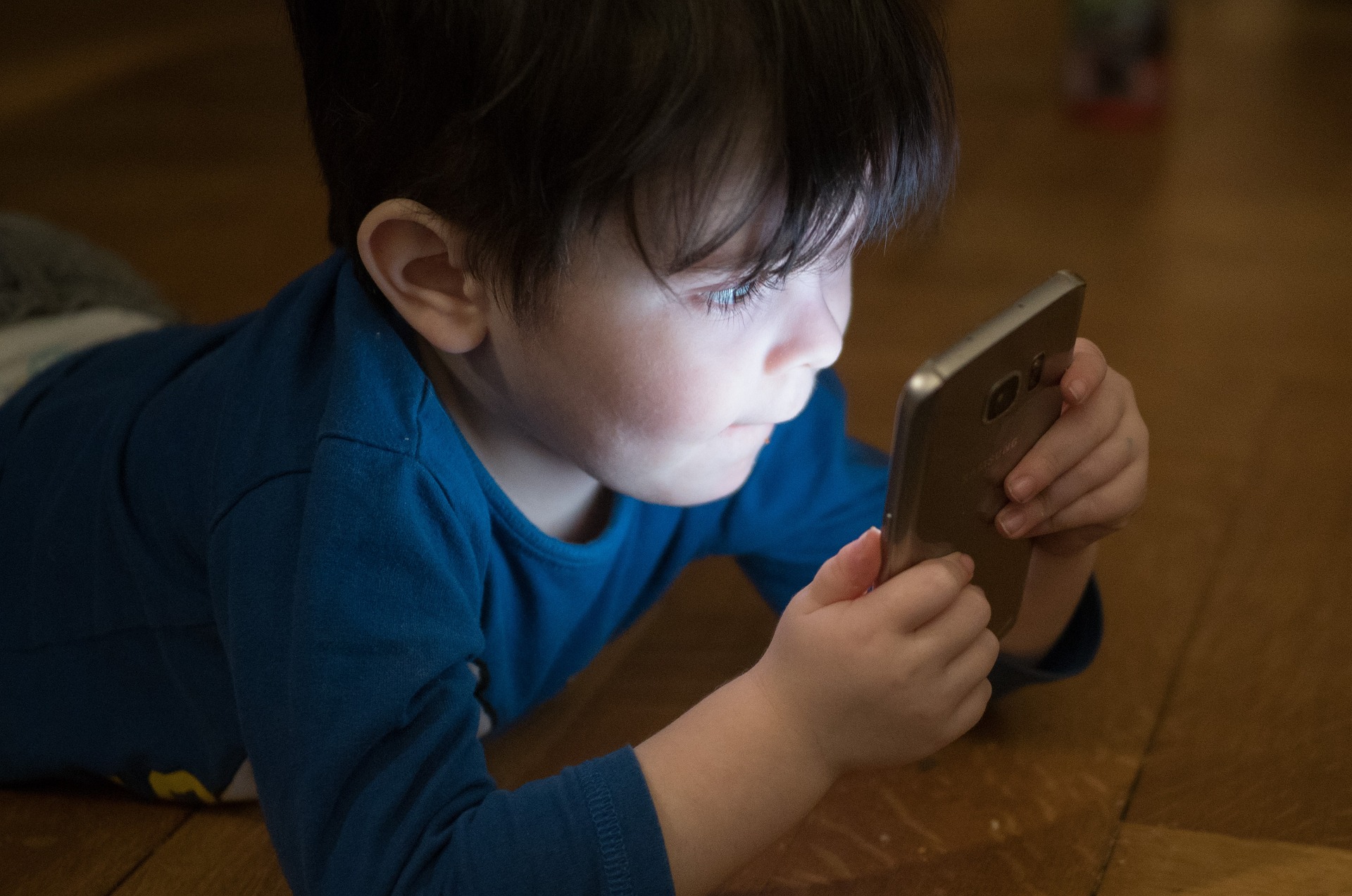News release
From:
Journal/
conference: JAMA Pediatrics
conference: JAMA Pediatrics
Research:Paper
Organisation/s:
Osaka University; See paper for full list of author affiliations
Funder:
This work was supported by grants from the Ministry of Education, Culture, Sports, Science and Technology in Japan (19H03582, 21KK0145, and 22H00492 to Dr Tsuchiya; 20K07941 to Dr Nishimura), Japan Agency for Medical Research and Development (AMED) (JP21gk0110039 to Dr Tsuchiya), and the
National Institute of Mental Health (R01MH102729 to Dr Nomura). The study was conducted as part of
the Collaborative Research Network for Asian Children with Developmental Disorders (CRNACDD), United Graduate School of Child Development, Osaka University, Kanazwa University, Hamamatsu University School of Medicine, Chiba University, and University of Fukui.



 International
International


